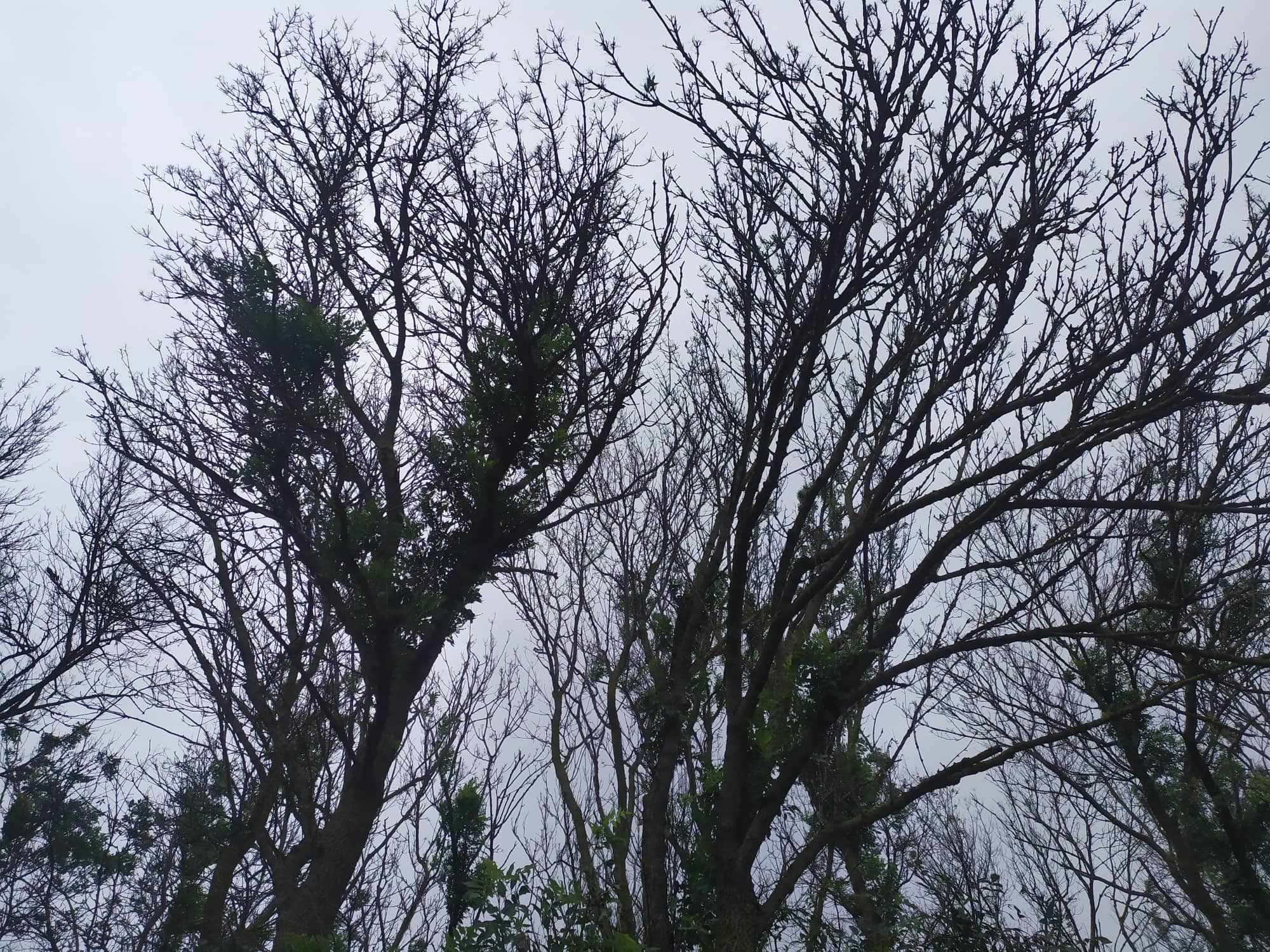
Ash field protection belts in Dobrudja region are dying
The partial drying out of ash field protection belts in Northeastern Bulgaria is irreversible so these forests must be reconstructed and restored with more resilient species. Experts from the Institute of Forestry at the Bulgarian Academy of Science, the Regional Directorate of Forests-Varna, the Forest Protection Station, the Northeastern State Enterprise and the State Hunting Unit – Balchik came to this conclusion. For over a year scientists and foresters have been monitoring the damaged belts and taking samples from the trees. According to experts, the causes of drying are complex and it is time to take more efficient measures, because harvesting only the completely dried trees does not work.
The climatic conditions in Dobrudja are very harsh, as in previous years we had a significant drought, which had a negative impact on the forest belts. During the sampling were found two types of bark beetles and other pests that damage the conducting tissue of the plants and they quickly weaken and die, explained Prof. Georgiev from the Forest Institute. He added that in two weeks the study of the last samples will be completed and then the scientists will finally announce all the pathogens and pests that destroy some of the most important protective green insfrastructure in the Northeast. Some of the samples will be sent for analysis to laboratories abroad to confirm or reject the hypothesis that extremely aggressive invasive pathogens have attacked ash trees in this part of the country.
After the final announcement of the results, the scientists from the Bulgarian Academy of Sciences will categorize the field protection belts depending on their condition. The most severely damaged must be cut down, because the drying out is irreversible. After harvesting all affected forest areas, reforestation will be carried out with species that are adapted to the conditions in Dobrudja – red oak, Turkish oak and downy oak, and as companions can be used silver linden and maple. According to Prof. Georgi Georgiev, foresters have faced the period of drought before, which led to significant damage to sessile oak, black pine, Turkish oak and others. Due to timely implemented management measures, foresters have always dealt with the problems and now it is necessary to proceed as soon as possible to limit the damage and restore the affected field protection belts.
This month Prof. Georgi Georgiev is expected to acquaint the management of the Executive Forest Agency with the results of the inspected belts and the actions that need to be taken so that the foresters from the units in Balchik, General Toshevo and Dobrich can restore the affected areas faster.
Part of the belts will be restored as part of the implementation of „the Eagle lands and forests“ and „Forests of the Northeast “ projects, funded by the EC LIFE Programme.




